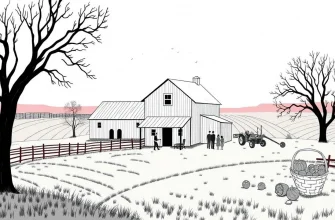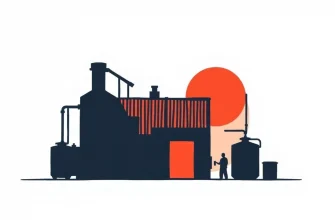Political repression has been a dark chapter in many nations' histories, often serving as a rich vein for dramatic storytelling. These films delve into the harrowing experiences of individuals caught in the crosshairs of oppressive regimes, showcasing the resilience of the human spirit against tyranny. This curated list not only entertains but also educates, shedding light on the injustices of political systems and the fight for freedom.

The Last Emperor (1987)
Description: This epic drama chronicles the life of Puyi, the last Emperor of China, detailing his rise and fall under various political regimes, including his time under house arrest by the communists.
Fact: The film was shot in the Forbidden City, marking the first time a film crew was allowed to shoot there. It won 9 Academy Awards, including Best Picture.
 Watch Now
Watch Now 
The Lives of Others (2006)
Description: This German film explores the surveillance and oppression in East Germany under the Stasi. It's a poignant look at how political repression affects personal lives and the moral dilemmas faced by those enforcing it.
Fact: The film won the Oscar for Best Foreign Language Film in
 Watch Now
Watch Now 
The Baader Meinhof Complex (2008)
Description: This German film recounts the rise and fall of the Red Army Faction, a radical left-wing militant group, showing the lengths to which individuals will go in response to political repression.
Fact: The film was nominated for the Best Foreign Language Film at the Oscars. It was also banned in some countries due to its depiction of violence.
 Watch Now
Watch Now 
The Wave (2008)
Description: Based on a true story, this film examines how a classroom experiment on autocracy turns into a real-life fascist movement, highlighting the ease with which political repression can take root.
Fact: The film was remade in the U.S. in
 Watch Now
Watch Now 
The Conformist (1970)
Description: Set in Fascist Italy, this film follows a man who becomes an agent of political repression to conform to societal norms, exploring themes of identity, betrayal, and the quest for normalcy.
Fact: The film's director, Bernardo Bertolucci, was only 29 when he made this masterpiece. It was also one of the first films to use a steadicam.
 30 Days Free
30 Days Free 








